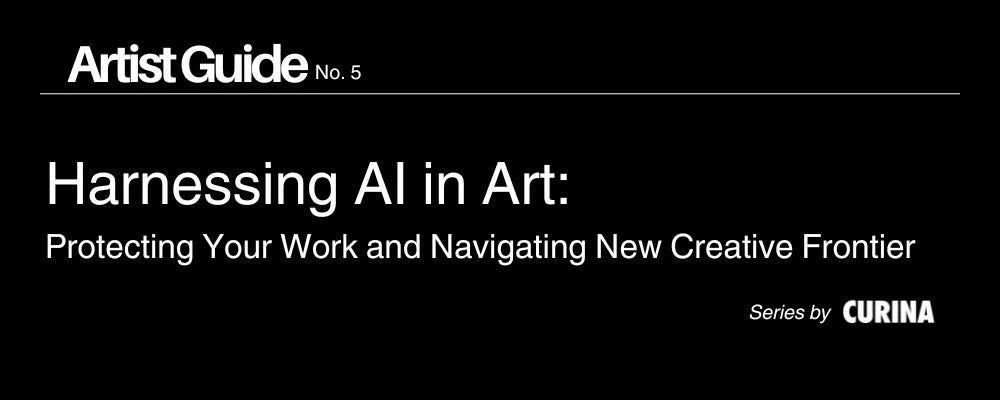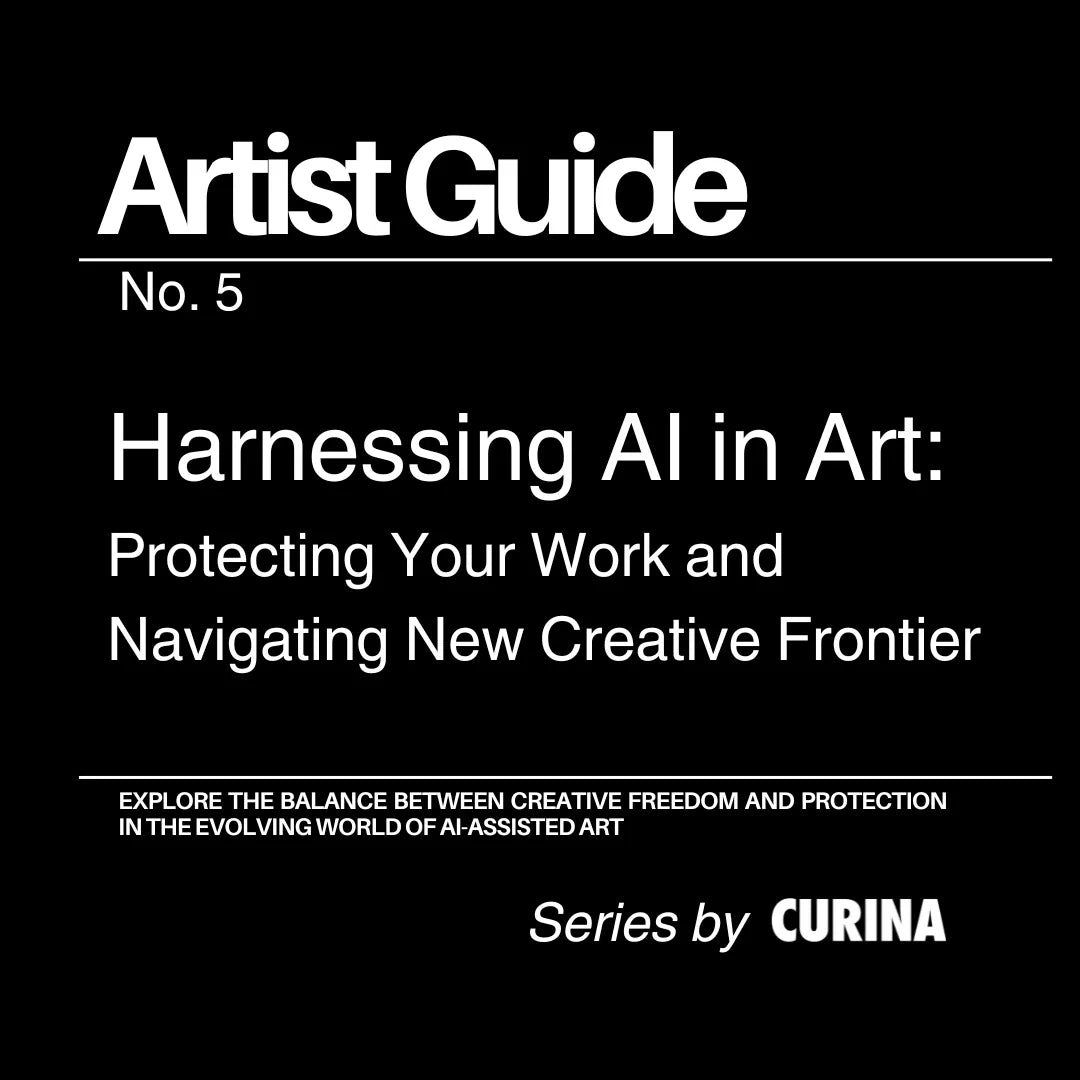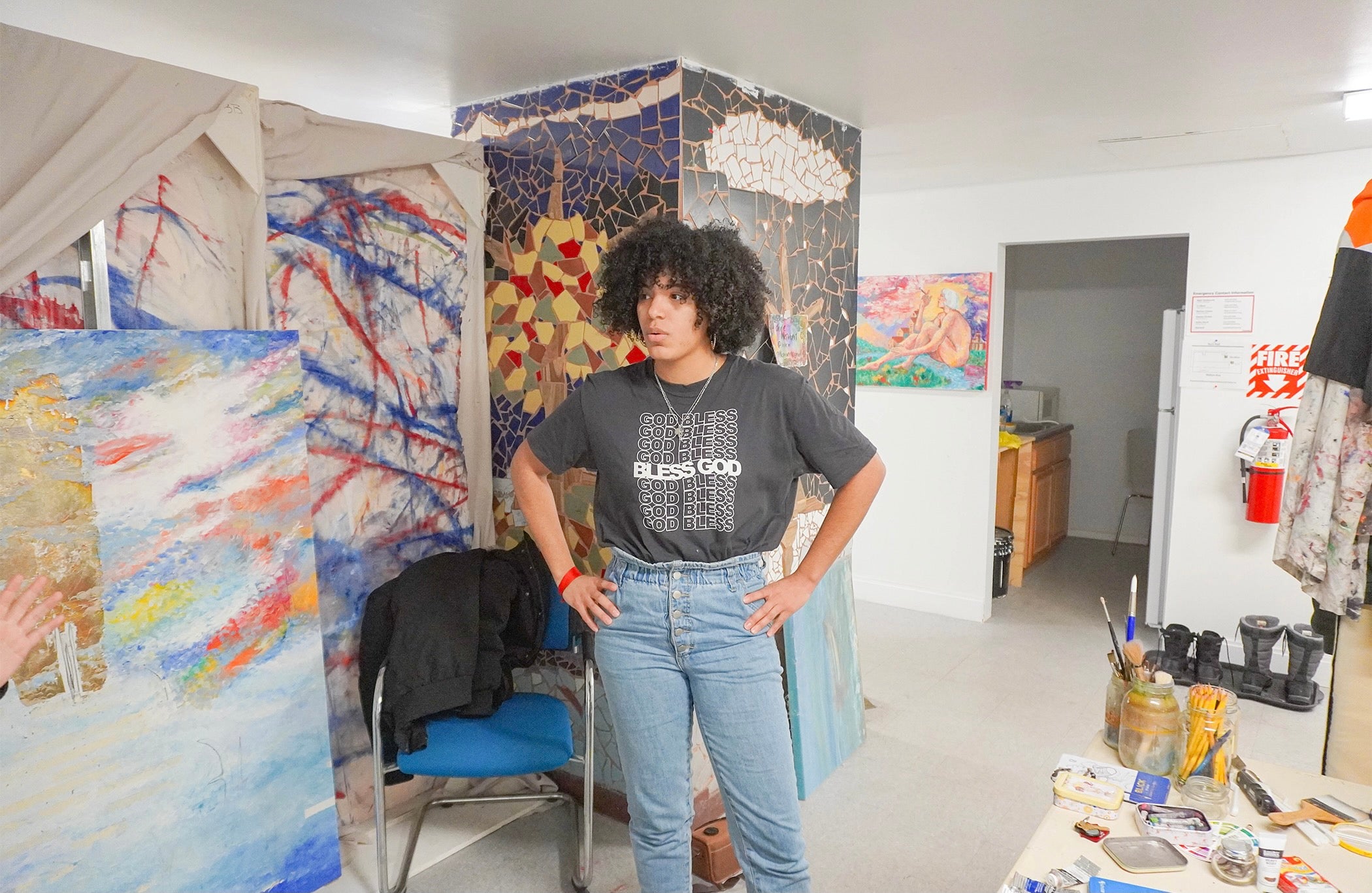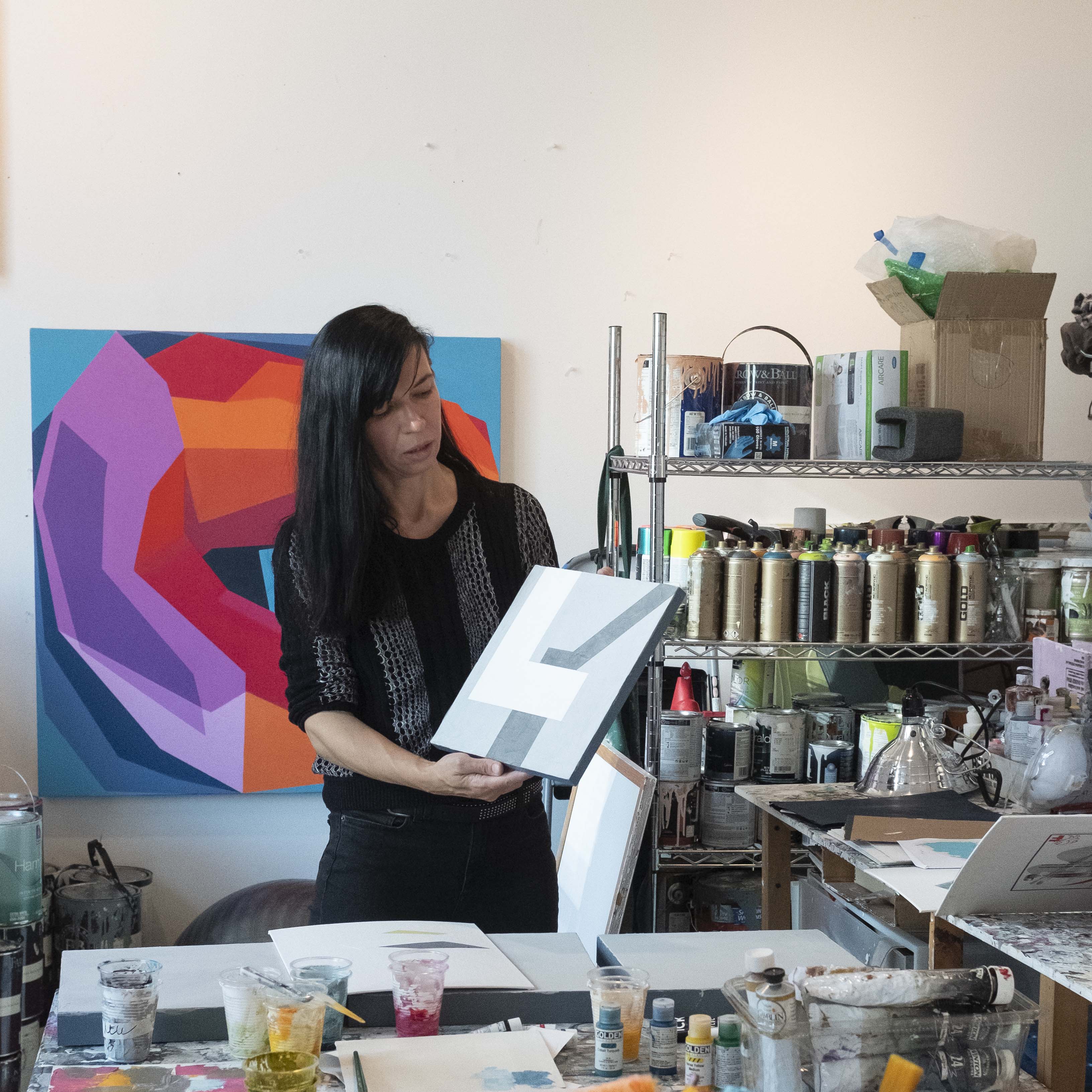No Products in the Cart


As the art world increasingly intersects with technology, the role of artificial intelligence (AI) is a topic of significant discussion among artists. Whether you currently use AI in your creative process, are considering it, or prefer to work entirely independently, understanding the legal and ethical implications is essential. In this blog post, we’ll delve into key issues surrounding data privacy, intellectual property, bias and discrimination, and liability and accountability, providing insights relevant to all artists.
DATA PRIVACY
Data privacy is a crucial consideration in the age of AI. Many AI tools rely on vast datasets, often composed of works created by artists, including images, music, and text.
Key Considerations:
- Consent and Usage: If you’re using AI tools, it’s vital to know where the data comes from and whether it has been used with the creators' consent. Even if you’re not currently using AI, your work may still be included in datasets.
- Protecting Your Data: Familiarize yourself with the privacy policies of any platforms or tools you engage with. Ensure they prioritize user data protection to safeguard your artistic contributions.
INTELLECTUAL PROPERTY
The question of intellectual property (IP) rights is increasingly complex with the rise of AI. For artists, understanding how AI impacts IP can help protect your rights and interests.
Key Considerations:
- Ownership of AI-Generated Works: If you create art using AI, who owns the rights? This is still a gray area legally. Understanding the terms of service of any AI tool you use is essential.
- Infringement Risks: AI-generated works may unintentionally mimic existing copyrighted material, leading to potential infringement issues. Be aware of how your work might be affected in an increasingly AI-driven art landscape.
BIAS AND DISCRIMINATION
AI systems can inadvertently propagate biases found in their training data, which can affect artistic representation and accessibility.
Key Considerations:
- Impact on Representation: AI tools may lack diverse datasets, leading to biased outcomes that misrepresent certain groups or cultures. This is critical for artists who aim for inclusivity in their work.
- Promoting Fairness: Whether you use AI or not, you can advocate for more equitable practices in the art community. Supporting initiatives that prioritize diverse voices can help counteract biases in AI-generated art.
LIABILITY AND ACCOUNTABILITY
With the increasing autonomy of AI, questions of liability and accountability come into play. If an AI tool creates something controversial or harmful, who is responsible?
Key Considerations:
- Clarifying Attribution: Artists should establish clear distinctions between human-created and AI-generated work. Misattribution can lead to legal and reputational issues.
- Staying Informed: As laws surrounding AI continue to evolve, keeping abreast of legal developments will help you navigate potential challenges related to liability and accountability in your artistic practice.
* * *
Whether you're considering using AI in your work or want to stay as far away from it as possible, understanding the legal and ethical implications of AI is essential for all artists. By being informed about data privacy, intellectual property, bias and discrimination, and liability and accountability, you can protect your rights and contribute to a more responsible art community.






